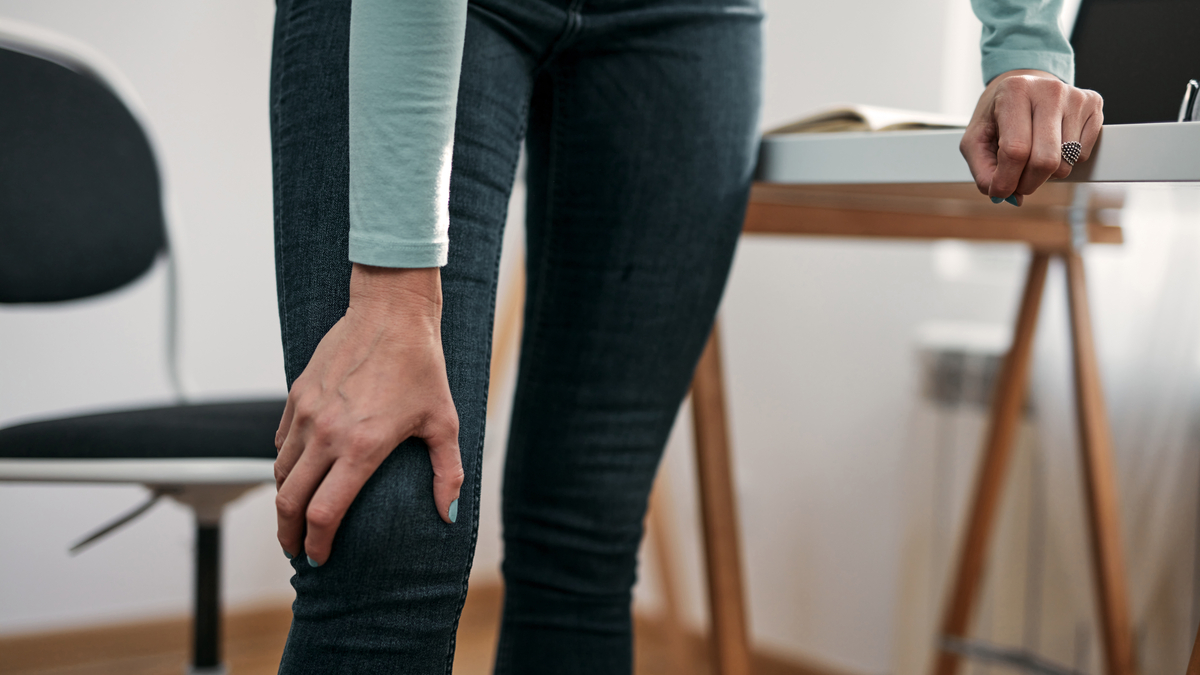
The mass transition to home working since the pandemic has enabled more people with arthritis to remain in work, research from the charity Arthritis Action has concluded.
The results of an online survey of 2,120 people aged 25 to 65 for the charity by YouGov was compared to a similar 2018 survey to see how the situation has changed since the beginning of the Covid-19 pandemic.
This found that, compared with 2018, fewer people had to give up work because of their arthritis in 2022 (17% in 2022 versus 21% in 2018). This could potentially be correlated with the increased opportunity to work from home during the Covid-19 pandemic, the charity argued.
In 2022, only 5% of those who received support from their employer had to give up work, it added.
People with rheumatoid arthritis were more likely to have taken time off work because of their condition (29%) than all of those with arthritis (19%). They were also more likely than average to want some form of support from their employer (46% versus 39%).
Roughly a quarter of people (27%) said they had experienced added stress in the working environment as a result of their arthritis, which was slightly higher than in 2018 (22%).
In relation to their arthritis, people who worked from home at some point during the pandemic were more likely to feel that the reopening of their organisation’s physical workspace following Covid-19 restrictions would be challenging (37%) than beneficial (27%) to their physical health.
The opposite, however, was true when they are thinking about their mental health. People were more likely to feel that the reopening of their workplaces was beneficial (37%) than challenging (23%) in relation to their arthritis.
When it came to support offered by employers, a third (35%) of those who were currently employed said their employer offered at least one form of support or a resource in relation to their condition.
The most common form of support offered was home working/occasional home working (18%), followed by equipment such as special keyboards, chairs, desks, or voice software for a computer (17%).
People with rheumatoid arthritis were more likely than those with osteoarthritis to report receiving at least one type of support from an employer (48% versus 39%).
Individuals with rheumatoid arthritis are also more likely than those with osteoarthritis to be offered access to employee assistance programmes (16% versus 11%) and special work equipment (22% versus 17%).
Two-fifths (39%) of employees with arthritis reported they would like some type of support or resource from their employer in relation to their condition.
The most common form of support people wanted was flexible working hours (15%), followed by adjustments to working patterns (14%) and special equipment (12%).
Women were more likely than men to say that they would like equipment such as special keyboards, chairs, desks, and voice software (15% versus 10%).
“Those in severe or extreme pain because of their arthritis are more likely to be offered flexible working hours by their employer than individuals with mild or no pain (31% vs. 12%). Those aged 25 to 39 (27%) are more likely to want adjustments to working patterns than employees aged 40 and over,” the report said.
The report, Arthritis: The Impact on Daily Life, also found that almost nine in ten people (86%) living with arthritis reported at least one self-management technique (for example exercise or healthy eating) had been useful in managing their condition.
Nearly half (49%) reported feeling they were lacking information or support on long-term recommendations and advice on how to manage their arthritis (48%) during their arthritis diagnosis.
Almost half (43%) of respondents said they did not feel very or at all supported by their medical teams during their arthritis diagnosis.
Those in lower socio-economic groups were more likely to rate their physical health as a result of their arthritis as ‘poor’ – 42% – compared to 24% of those from higher socio-economic groups.
More than eight out of 10 people (84%) said that, when their arthritis was at its worst, they struggled with at least one everyday activity, such as going up and down the stairs, getting around, and getting out of chairs.
Stay connected with us on social media platform for instant update click here to join our Twitter, & Facebook
We are now on Telegram. Click here to join our channel (@TechiUpdate) and stay updated with the latest Technology headlines.
For all the latest Health News Click Here
For the latest news and updates, follow us on Google News.
